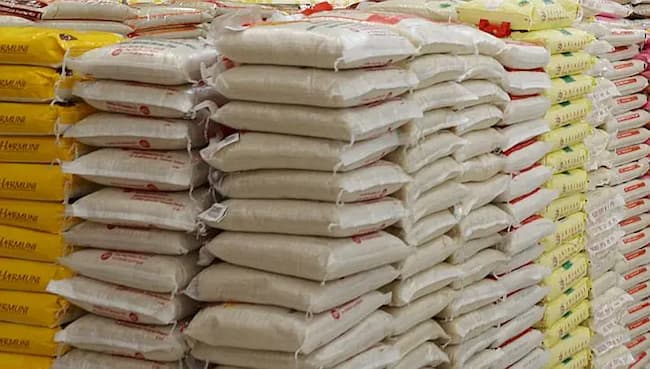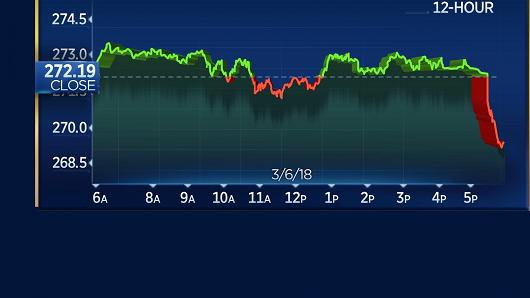The federal government of Nigeria has denied protestations that it is somewhat accountable for the current rising prices of food items in the country.
There had been concerns that the government’s practice of sweeping up grains into the national Strategic Grains Reserves (SGRS) during harvests was responsible for the high costs of food products in the market.
Food inflation has remained a major challenge in the Consumer Price Index (CPI), which measures inflation. Analysts also blamed the situation on demand-supply gaps as what is available can’t satisfy the demands of a growing population.
The composite food index rose to 17.20 percent in March compared to 22.95 percent recorded in March 2021. Month-on-month, the food sub-index increased to 1.99 percent in March, up by 0.12 percent from 1.87 percent in February.
However, speaking against the backdrop of allegations that the federal government’s practice of mopping up grains was contributing to food inflation, the Minister of Agriculture and Rural Development, Muhammad Abubakar, said in an interview that the government was only buying off the excess grains in the market. But critics insisted that food production was not enough to talk about buying off excess grains.
The minister said, “No it’s not mopping; the federal government is buying the excess grains that are there to be bought. “If it is not available, we will not buy and stock- what’s the point of stocking when people need it?”
Abubakar added, “So we are currently releasing and there are grains in the market.” He however said though political commitment is absolutely fundamental for addressing the food security challenge, it is “not the complete answer.”
He said, “Strengthening food systems and chains is a shared responsibility. Governments, industry, and consumers all have a vital role and must work together to ensure ‘farm to the table’ food security.”
Meanwhile, worried about the rising inflation, particularly the food component, The President had recently authorised the release of 40,000 metric tons (MT) of grains from the National Strategic Grains Reserves (SGR) to vulnerable Nigerians to cushion the effects of rising prices of food items.
The government’s move was aimed at cushioning the effect of high prices of commodities across the country during the Ramadan, Easter, and Sallah festivities.
Analysts also believed the global supply shortages caused by the Russian-Ukraine war is exerting significant pressure on food prices, especially wheat as local production remained inadequate in satisfying demand.












